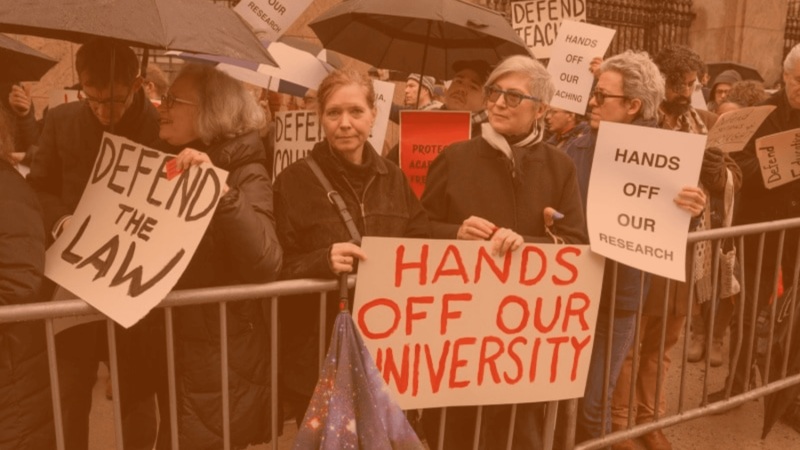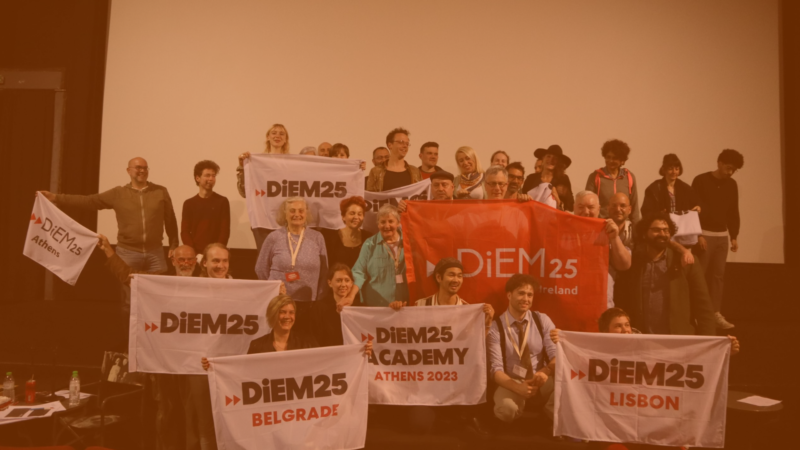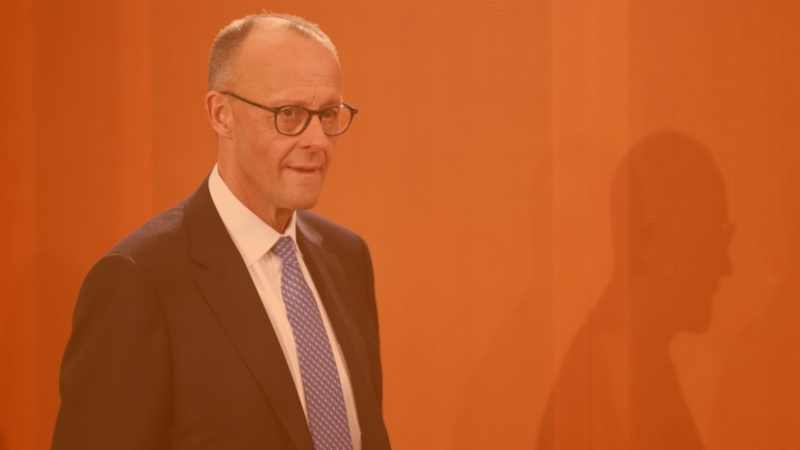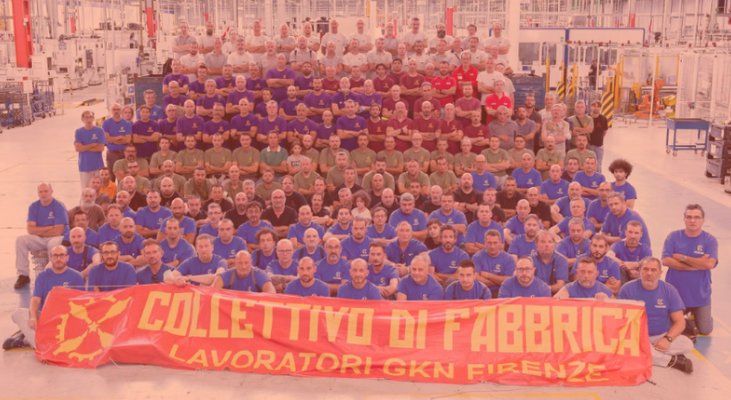A new industrial revolution, largely based on automation, is around the corner and sooner or later will drastically change the way we live and organize ourselves. In future, artificial intelligence will increasingly contribute to this automation.
Mr Verhofstadt warns us that we are already embarked on a biased one-way path where, either AI will make us superfluous or we find the means to collaboratively control its deployment and its social impact. The European Union took the initiative on this by adopting via its Parliament a resolution apparently following the South Korean model, and calling for rules governing AI and robotics. The paper could be an interesting read, especially those paragraphs about the dissolution of social ties (4.1.7) and about restricted access to new technologies (4.1.9).
Nevertheless, they do not tackle the fundamental problem that concerns technological change, its impact on social classes and the concentration of capital it generates. In other words, how to share and democratize its boons? Basically all solutions hitherto seem to gravitate around the idea of the Universal Basic Income and how to finance it. One of the most famous proposals came from Bill Gates and was to tax the robots. Experiments across Europe have been also undertaken in regards to UBI: in Switzerland the idea was rejected by referendum; in other countries, such as Finland, an experiment has been launched and results are expected in the next few years.
It is not the first time that technological change has created mass public reactions and puzzlement. Therefore one has to be careful when tackling it, because the CEO of Credit Suisse is also advocating UBI, on his own terms. DiEM25 has developed the Universal Basic Dividend alternative, as well as a collaborative project within its Labour pillar. Its core motivations, very different to introducing new taxes on AI, are masterfully and concisely explained by Yanis Varoufakis.
Last but not least, before hastening to preach to mankind at large, it is worth listening to DiEM25 Advisory Panel member Noam Chomsky’s take on AI as well as how he differentiates between what’s currently labelled AI and former methodologies.
Bogdan is a member of DSC Bucharest, but also a humble engineer living in Munich. His main points of interest are socio-political issues of South-East Europe, as well as promoting DiEM25 there.
Do you want to be informed of DiEM25's actions? Sign up here















